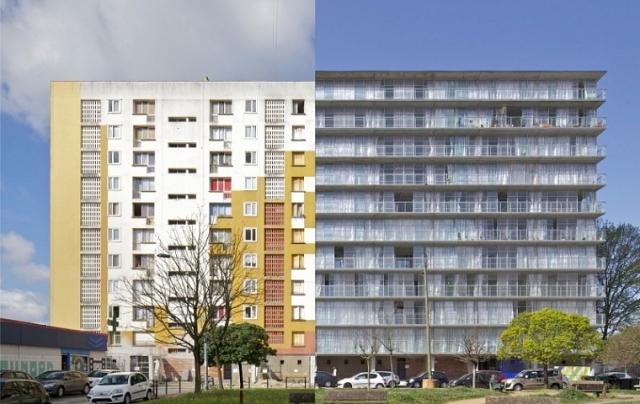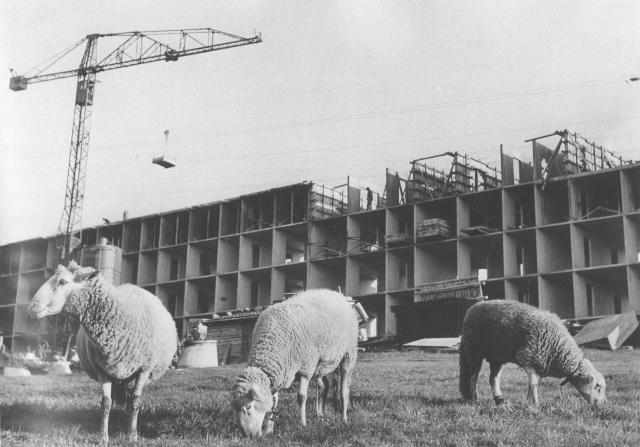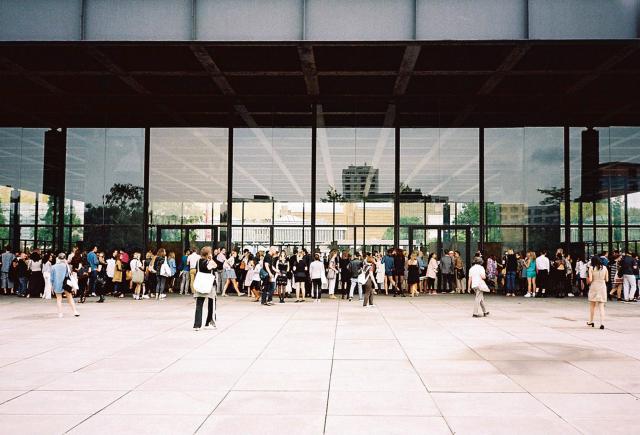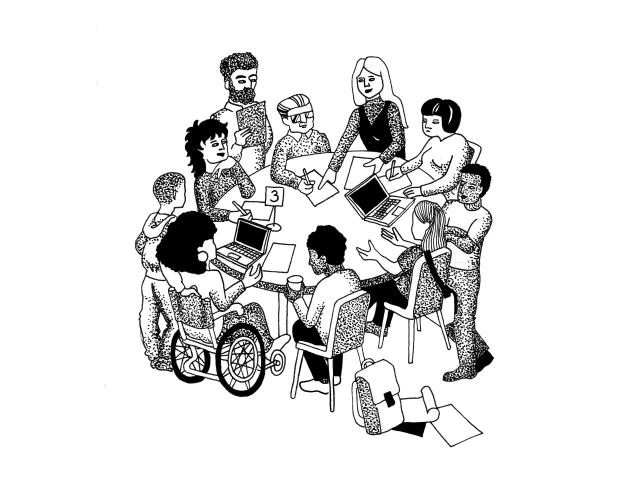- Conférence
- Partenariat
As found

Jean-Philippe Vassal (Lacaton Vassal, Montreuil)
06.06.23 — 18h30 @ luca
"Never demolish, never remove or replace, always add, transform, and use, complete, update, start from what already exists to do more, and to do better."
Transforming from what already exists makes it possible to take advantage effectively of what exists, to be more generous, to give more space to each inhabitant, to create new capacities, and to produce – in a sustainable way – living conditions no longer determined by the economic, regulatory, or normative minimum, but with maximum generosity and pleasure :
. More space, balconies or terraces, transparency, …, which significantly improve the quality of living.
. Improve thermal comfort and achieve significant energy savings to achieve performance goals.
. De-densify buildings to reduce overcrowding and densify around them to create new housing, services, or shops.
. Offer new typologies, services, new uses, and facilities.
Transforming existing housing is an opportunity to massively improve the quality of housing for all in a way that is more economical, more ecological, and more attentive to the inhabitants.

[LECTURE CANCELLED] Sophie Delhay (Sophie Delhay Architecte, Paris)
13.06.23 — 18h30 @ luca
Today's housing production is constantly adapting to new standards and regulations. As a result, this standardizes typologies and ways of living even though lifestyles are diversifying, family units are becoming more complex, and society is becoming more fragmented...
In an ecology of human relationships, we need to imagine more flexible and less standardized spatial arrangements for living alone and together, today and tomorrow.
The need to transform buildings from different eras and programs is an opportunity for architects. A priori unsuitable, these constructions offer a chance to get out of the standards and - by relying on qualities inscribed in the existing - to give new forms of experimentation and provide new habitat qualities.

Elena Schütz (Something Fantastic, Berlin)
20.06.23 — 18h30 @ luca
Something Fantastic is making a case for the power of use. Seeing themselves as protagonists of a post-building era, where the quality of life is determined by how well one makes use of what is already there, Something Fantastic has been investigating what can be achieved by inventing, defining, and managing ways of use.
The lecture illustrates this conceptual turn, as well as the always different ways in which it is performed: from a fashion show informally conceived in a museum over an urban design proposal promoting a more flexible way of using public space, to the renovation of a 200.000 sqm conference centre catering to some 100 tenants.

Claudia Chwalisz + James MacDonald-Nelson (DemocracyNext, Paris)
29.06.23 — 18h30 @ COA - Cultures of Assembly
Free entry (no registration needed)
DemocracyNext is working to shift political and legislative power to everyday people through new permanent and empowered deliberative institutions where rotating citizen representatives are at the heart of our democracies. As an international research and action institute, we work to design and establish these new institutions to transform the governance of organisations that influence public life, rooted in three principles:
. Giving people agency and dignity through participation;
. Distributing equal political power through representation by lot (sortition), and
. Channeling collective wisdom - enabling people to find common ground through deliberation.

Johanna Meyer-Grohbruegge (Meyer-Grohbruegge, Berlin)
11.07.23 — 18h30 @ COA - Cultures of Assembly
Free entry (no registration needed)
In our era of digital atomisation, the notion of commune feels both anachronistic and nostalgically out of reach. Meanwhile, in the real world, we continue to exist among others tangibly and are only beginning to understand what a delusion it is to think that we are independent individuals.
Most Western architecture is designed to separate, but today's existence feels misaligned with building traditions of the past.
Architecture can provide a framework that makes connections, builds, and catalyses relationships while encouraging acceptance of the existing, the surrounding, and the otherness.

In the 1950s, against the normative doctrine of Tabula Rasa, Peter and Alison Smithson proposed the notion of the "as found". Instead of attempting to replace the already existing by something completely new, the existing was supposed to be understood and used – without bias – as a starting point for further planning and design. In the age of climate change and resource depletion, this approach has to be revisited and recontextualized. The built fabric – that, which is already there – with its grey energy needs to be understood and framed as an invaluable asset, which must be protected and only in exceptional cases should be subjected to destruction and removal. The gentle transformation of the existing, the continuation of building of the existing building stock, should become the new normal. As citizens, we need to understand that from this present moment onwards, the construction of tomorrow will have to be addressed with an unprecedented effort towards a regenerative and transformative repair of our (built) environment. Which modes of operation can be identified for architects and planners in this context?
